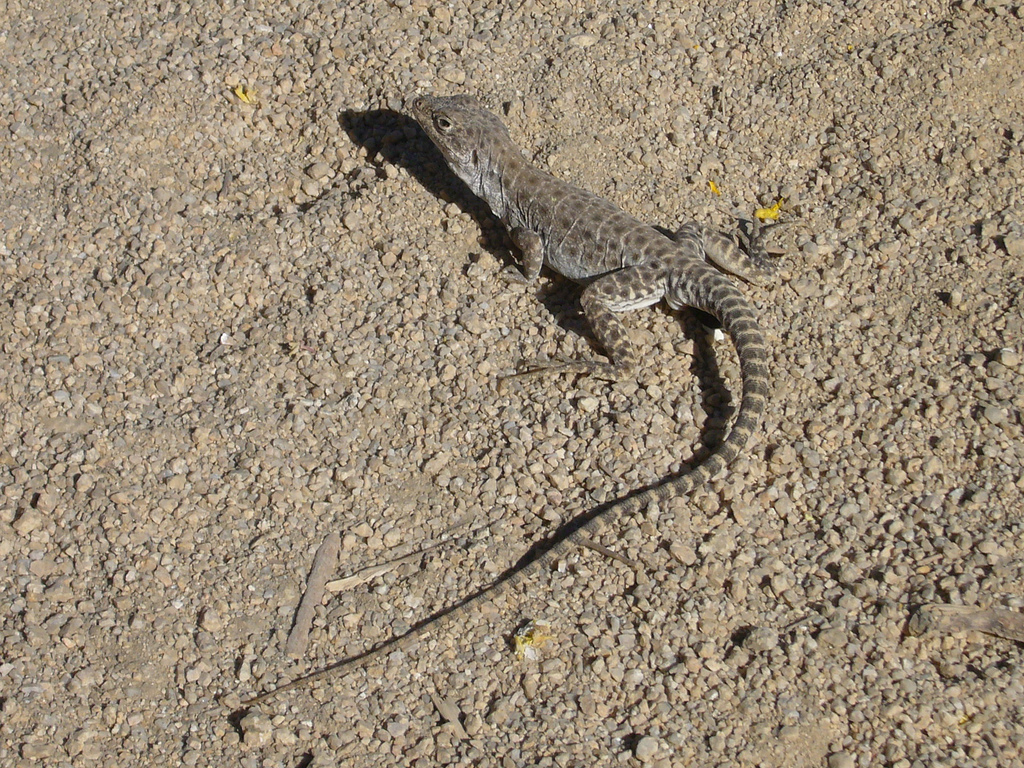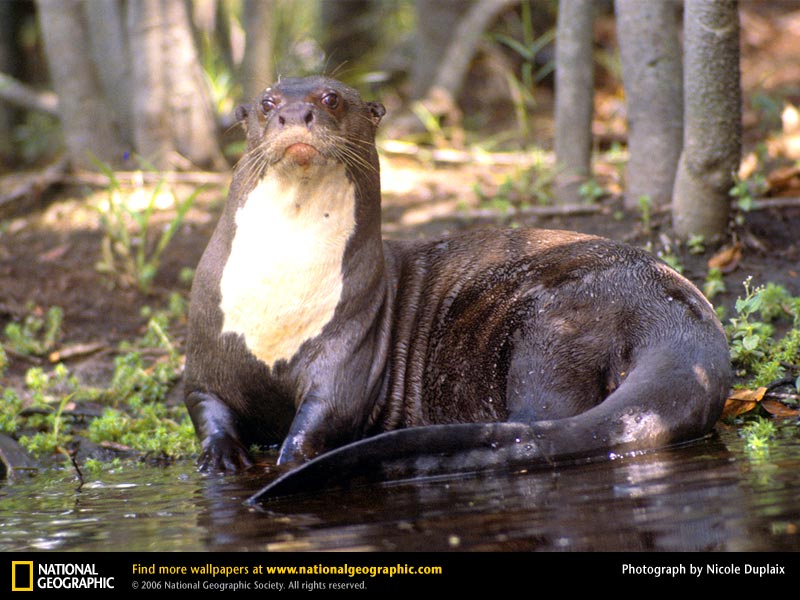[sliderly id=7029 type=slideshow duration=3000 width=600 height=400]
Did You Know?
- The Beluga Sturgeon is the largest freshwater fish in the world.
- The population of the Beluga Sturgeon has decreased by as much s 90% over the last 60 years.
- The eggs of a female Beluga Sturgeon (also known as roe or caviar) sells for an average of $7,000 per kilogram
- One specimen recorded had an age of 118 years old, however, it is possible that they lived twice that age prior to industrialism
Freshwater Fish Living in the Sea
If you would like to catch a glimpse of the Beluga Sturgeon, I suggest checking out the Northern Mediterranean, the Black Sea or the Caspian Sea. Now you might be wondering how these fish are considered to be the largest FRESHWATER fish when they are found in the sea. Well, I failed to mentioned that these fish will also inhabit the river systems of each of the above mentioned seas. In fact, they go up the rivers to spawn and the majority of biologist believe them to be river fish as opposed to sea fish.
Anti-Aging Properties
In my opinion, one of the most fascinating attributes of the Beluga Sturgeon is the fact that they are functionally immortal. This means if you took out all of the external factors, this fish would continue to live without any signs of aging. Sure they would get much larger and I bet they would be pretty wise but the organs of a 118 year old Sturgeon would essentially function just as well as they did when they were 5 years old. Just imagine how incredible it would be if we could figure a way to mimic that behaviour?

The Immortal Sturgeon
With this functional immortality comes very large sizes. The largest recorded Beluga Sturgeon weighed 1474 kg (3,250 lbs) and had a length of 7.3 m (24 ft), which obviously makes them the largest freshwater species on the face of the planet. Unfortunately, as poaching increases, finding old, large Beluga Sturgeon is becoming increasingly rare. Actually, with a 90% decrease in their population over the last 60 years, just finding a Beluga Sturgeon will be rare. Yes, this critically endangered and incredibly fascinating fish will most likely be extinct within the next 20 years, unless we dramatically change our ways. It makes you wonder…if an immortal species is able to go extinct, it doesn’t leave much hope for the rest of us.
Slider Photo Credit: Charles Simmons







This species being one of only three sturgeon to be an apex predator should be noted.